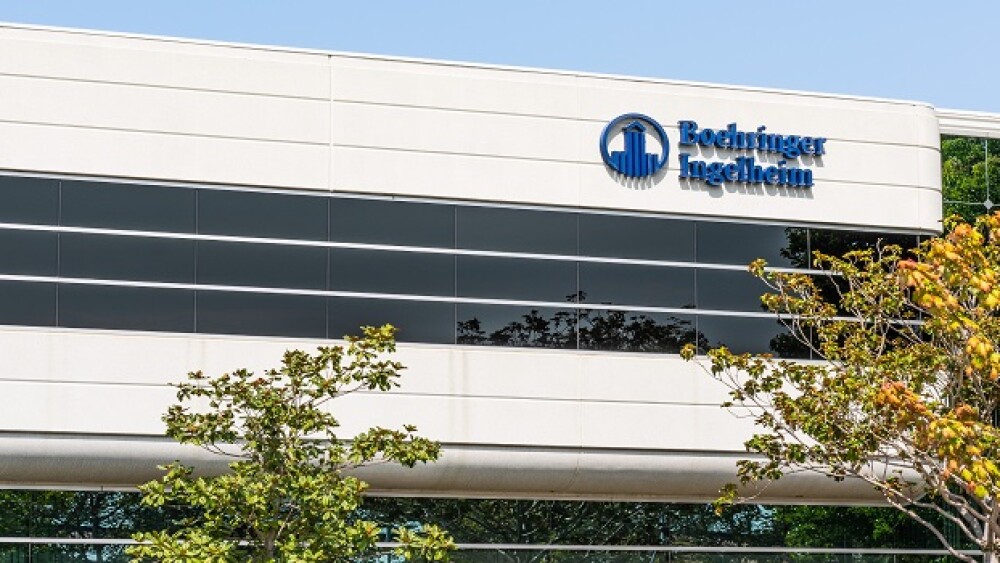WESTMINSTER, Colo., Oct. 3 /PRNewswire-FirstCall/ -- Allos Therapeutics, Inc. (Nasdaq: ALTH - News) today announced that the U.S. Food and Drug Administration (FDA) has granted fast track designation to the Company’s unique next-generation antifolate PDX (pralatrexate) for the treatment of patients with T-cell lymphoma.
The fast track program is designed to facilitate the development and expedite the review of new drugs that are intended to treat serious or life-threatening conditions and that demonstrate the potential to address unmet medical needs. Fast track designation allows a company to submit portions of a new drug application (NDA) on a rolling basis, allowing the FDA to review sections of the NDA prior to receiving the complete application. In addition, a NDA for a fast track product ordinarily qualifies for priority review, thereby further expediting the FDA review process.
“We are extremely pleased that the FDA has recognized the urgent and unmet medical need for effective new therapies for the treatment of patients with T- cell lymphoma,” said Paul L. Berns, President and Chief Executive Officer. “Fast track designation represents a significant regulatory milestone in the development of PDX, and further validates the potential of PDX in this patient population.”
PDX is currently the subject of a pivotal Phase 2, international, multi-center, open-label, single-arm study that will seek to enroll 100 evaluable patients with relapsed or refractory PTCL who have progressed after at least one prior treatment. The primary endpoint of the study is objective response rate (complete and partial response). Secondary endpoints include duration of response, progression-free survival and overall survival. In August 2006, the Company announced that it reached agreement with the FDA under the Special Protocol Assessment process on the design of this pivotal Phase 2 trial. The Company currently anticipates that patient enrollment at approximately 35 centers in the U.S., Canada and Europe will be completed by the third quarter of 2008. In July 2006, the FDA awarded orphan drug designation to PDX for the treatment of patients with T-cell lymphoma.
About PDX (pralatrexate)
PDX is a novel, small molecule chemotherapeutic agent that inhibits dihdrofolate reductase (DHFR), a folic acid (folate) dependent enzyme involved in the building of DNA and other processes. PDX was rationally designed for improved transport into tumor cells via the reduced folate carrier (RFC-1), and greater intracellular drug retention. These biochemical features, together with preclinical data in a variety of tumors, suggest that PDX has an enhanced potency and improved toxicity profile relative to methotrexate and other related DHFR inhibitors.
About Peripheral T-cell Lymphoma
Peripheral T-cell lymphomas, or PTCLs, are a biologically diverse and uncommon group of blood cancers that account for approximately 10% to 15% of all cases of non-Hodgkin’s lymphoma, or about 6,700 patients annually. The average five year survival rate for PTCL patients is approximately 25%. There are currently no pharmaceutical agents approved for use in the treatment of relapsed or refractory PTCL.
About Allos Therapeutics, Inc.
Allos Therapeutics, Inc. (ALTH) is a biopharmaceutical company focused on the development and commercialization of small molecule therapeutics for the treatment of cancer. The Company has two product candidates in late-stage clinical development: EFAPROXYN (efaproxiral), a radiation sensitizer currently under evaluation in a pivotal Phase 3 trial in women with brain metastases originating from breast cancer, and PDX (pralatrexate), a novel, next generation antifolate currently under evaluation in a pivotal Phase 2 trial in patients with relapsed or refractory peripheral T-cell lymphoma. The Company is also evaluating RH1, a targeted chemotherapeutic agent, in a Phase 1 trial in patients with advanced solid tumors. For additional information, please visit the Company’s website at www.allos.com.
Safe Harbor Statement
This press release contains forward-looking statements that are made pursuant to the safe harbor provisions of the Private Securities Litigation Reform Act of 1995. Such forward-looking statements include statements relating to the potential safety and efficacy of PDX for the treatment of T-cell lymphoma; the Company’s projected timelines for completing enrollment in the PROPEL trial; and other statements that are other than statements of historical facts. In some cases, you can identify forward-looking statements by terminology such as “may,” “will,” “should,” “expects,” “intends,” “plans,” anticipates,” “believes,” “estimates,” “predicts,” “projects,” “potential,” “continue,” and other similar terminology or the negative of these terms, but their absence does not mean that a particular statement is not forward-looking. Such forward-looking statements are not guarantees of future performance and are subject to risks and uncertainties that may cause actual results to differ materially from those anticipated by the forward-looking statements. These risks and uncertainties include, among others: that the Company may experience delays in the completion of the PROPEL trial, whether caused by competition, adverse events, patient enrollment rates, regulatory issues or other factors; that clinical trials may not demonstrate that PDX is both safe and effective for the treatment of patients with T-cell lymphoma or any other type of cancer; that data from preclinical studies and clinical trials may not be indicative of future clinical trial results; that the safety and/or efficacy results of clinical trials for PDX may not support an application for marketing approval in the United States or any other country; that an application for marketing approval may not be accepted for priority review or at all by the FDA or any other regulatory authority; and that the Company may lack the financial resources and access to capital to fund future clinical trials for PDX or any of its other product candidates. Additional information concerning these and other factors that may cause actual results to differ materially from those anticipated in the forward-looking statements is contained in the “Risk Factors” section of the Company’s Annual Report on Form 10-K for the year ended December 31, 2005 and in the Company’s other periodic reports and filings with the Securities and Exchange Commission. The Company cautions investors not to place undue reliance on the forward-looking statements contained in this press release. All forward-looking statements are based on information currently available to the Company on the date hereof, and the Company undertakes no obligation to revise or update these forward-looking statements to reflect events or circumstances after the date of this presentation, except as required by law.
Note: EFAPROXYN(TM) and the Allos logo are trademarks of Allos Therapeutics, Inc.
Source: Allos Therapeutics, Inc.




